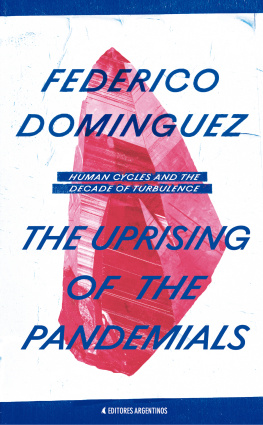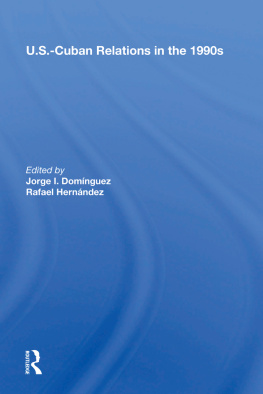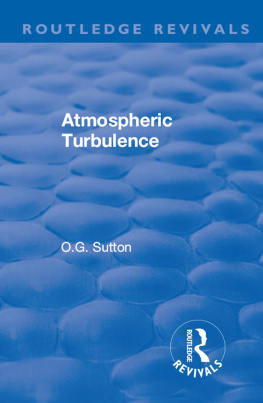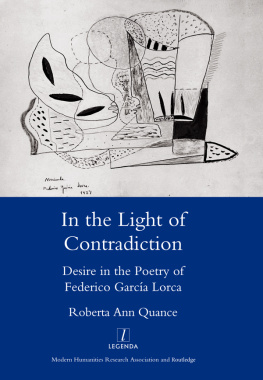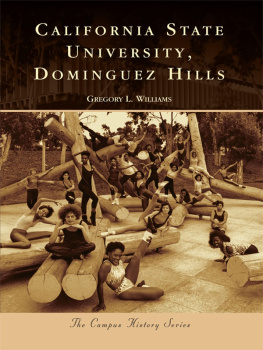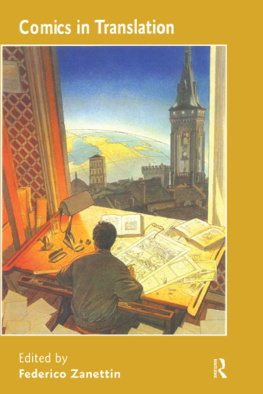Federico Dominguez
The Uprising of the Pandemials
Human Cycles and the Decade of Turbulence
Editores Argentinos
Table of Contents
Domnguez, Federico The uprising of the pandemials : Human cycles and the decade of Turbulence / Federico Domnguez. - 1a ed - Ciudad Autnoma de Buenos Aires : Editores Argentinos y hnos. , 2021. Libro digital, Amazon Kindle Archivo Digital: descarga ISBN 978-987-47882-2-1 1. Ecologa. 2. Pandemias. 3. Geopoltica. I. Ttulo. CDD 577.09 |
2020, Federico Dominguez
2020, Editores Argentinos
Photography: Florencia Castillo
Cover design: Gonzalo Lercari
Translation: Lucas Martinez and Tara Sulllivan
Book design: Gustavo Lencina
Editores Argentinos
www.eeaa.com.ar
info@eeaa.com.ar
Primera edicin en formato digital: diciembre de 2020
Versin: 1.0
Digitalizacin: Proyecto451
Queda rigurosamente prohibida, sin la autorizacin escrita de los titulares del Copyright, bajo las sanciones establecidas en las leyes, la reproduccin parcial o total de esta obra por cualquier medio o procedimiento, incluidos la reprografa y el tratamiento informtico.
Inscripcin ley 11.723 en trmite
ISBN edicin digital (ePub): 978-987-47882-2-1
For Flor
INTRODUCTION
This is the most dangerous time for our planet.
Stephen Hawking, December 2016
Liberty has been rare in human history. Until the arrival of modern liberal states, people had little to no rights and lived mainly in rural areas of extreme poverty. This began to change with the Glorious Revolution of 1688, when the British Parliament put a limit on the monarchy and assured a series of rights, laying the groundwork for individual liberties, economic growth, and the rise of the liberal state as we know it. One century later, the American and French Revolutions consolidated and solidified the process begun in the United Kingdom.
Liberalism, the founder of the modern world, is a doctrine that promotes liberties civil and economic and opposes absolutism and conservatism by stating that all human beings hold the same moral value and rights. It is a commitment to human dignity, small government, individual liberties, science, debate, and constant reform in the pursuit of human progress. Modern liberal states led humanity into a cycle of increasing prosperity rooted in technological advances, freedom, democracy, capitalism, and an uninterrupted drop in poverty. For developed countries, the most prosperous period came after World War II, during which people from every social background could aspire to a good job, affordable housing, and quality education to help them progress.
During those years of prosperity (19451980), the greatest achievement was meritocracy, a set of assured rights paired with an economic environment that allowed anyone who worked hard to achieve economic prosperity. Meritocracy is a political system in which economic assets and political power are distributed based on talent, effort, and achievement, rather than inherited wealth or social class. The ideal of pure meritocracy is challenging: there will always be those who are dealt a better hand for economic, cultural, or even generational reasons. However, the systems goal is to guarantee a baseline of opportunities that will allow greater social mobility.
The fall of the Berlin Wall in 1989 marked the culmination of the cycle of increased prosperity and expansion of liberties that had begun more than two centuries earlier. A period of relative stagnation followed this milestone. It expanded worldwide and continues to this day. Currently, liberalism is dominated by exclusive technocratic elites who have created a complex system that can only be exploited by a select few and distances citizens from their governments. After the collapse of the Soviet Union, the absence of an adversary led liberal governments to lose their way; they stopped taking care of the common people, stopped investing in science, and entered an era of disenchantment. Governments are ultimately made up of human beings, many of which adopted the highly individualistic and less collective spirit that became the hallmark of the 1980s and 1990s. The social order of many Western countries broke its promise of offering opportunities to all. The tacit agreement between citizens and their governments began to fall apart. The pandemic has only deepened this crisis of representation and, during events such as these, it is common for constituents to turn to a leader figure who will solve their problems.
The Covid-19 pandemic has not only aggravated this scenario, which posed a serious challenge even before the Crisis of 2020, but it has also exposed asymmetries and accelerated predicted timelines, heralding the collapse of cycles such as Inequality, Mother Nature, Technology, and Human Spirit during the decade of 2020.
The precariat is the social class that emerged from this period of disenchantment. It is made up of a large number of people facing stagnant incomes, job instability, and academic over-qualification for the jobs they can get. Guy Standing, professor at the University of London, defined three subgroups within the precariat. The first subgroup is comprised of the atavists. They have a low level of education, were raised in families and communities that have experienced deindustrialization, and long for the past. Among them are the many supporters of Donald Trump, Jair Bolsonaro, Marie Le Pen, and the Italian Northern League. They tend to constitute the ethnic majority of society. Next are the nostalgics, made up of ethnic minorities and immigrants who do not feel recognized as citizens or heard by the state. In practice, they are usually regarded as second-class citizens. They are prone to voting for centrist politicians such as the Democrats in the United States. The third group is constituted by the progressives; they foresee a lost future. They are the younger generation who went to university believing in the promise made to them by their families, communities, and teachers: if you work hard, you will have a guaranteed future. But as adults, they realized things are much harder than they expected. Many of them vote for candidates such as Bernie Sanders, and parties such as Podemos in Spain, the Workers Party (PT) in Brazil, and Kirchnerism in Argentina.
The precariat no longer belongs to a community that offers security and identity, a sense of solidarity, reciprocity, and mutual support. They cannot even fully exercise their rights as citizens because the system created by the technocracy is so complex that only the richest people have the necessary resources to enjoy it. Their economic distress is mitigated by complex welfare programs aimed at keeping them afloat and dependent on the technocrats but never actually resolving their underlying problems. Governments do the bare minimum to keep them out of poverty.
In consequence, a large part of the political spectrum looks to the past. Make America Great Again, the slogan that touches the hearts of those who long for the United States of 19451989, which they see as the countrys best years; populist governments in Latin America who promote statist economic policies akin to those of the 1940s and 1950s; Brexit with its Lets Take Back Control slogan struck a chord among those who yearn for the mighty Britain of strong leaders the likes of Winston Churchill and Margaret Thatcher.

